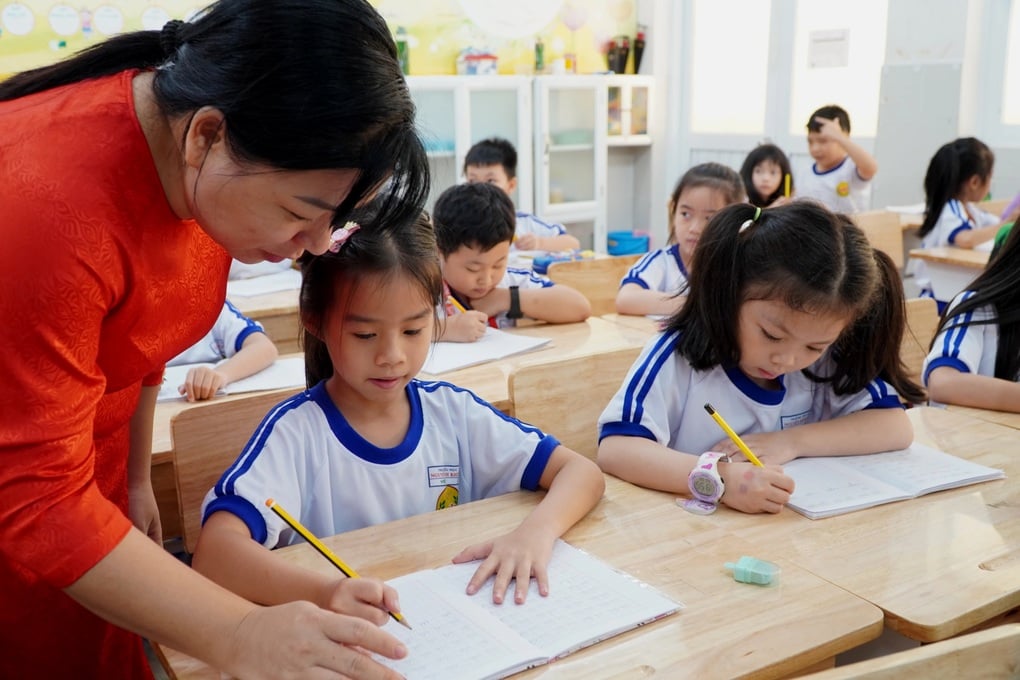
Teachers in Ho Chi Minh City during a class at school (Photo: Huyen Nguyen).
When officially issued, this Circular will replace Circular No. 17/2012/TT-BGDDT dated May 16, 2012 of the Minister of Education and Training (MOET).
Do not force students to take extra classes
The draft sets out five principles for extra teaching and learning. Accordingly, extra teaching and learning can only be organized when students have the need to learn extra, voluntarily learn extra, and have the consent of their parents or guardians (hereinafter referred to as parents).
Organizations and individuals organizing extra teaching and learning are not allowed to use any form to force students to take extra classes.
The content of extra teaching and learning must contribute to consolidating and improving knowledge, skills, and personality education of students; must not be contrary to the provisions of Vietnamese law, and must not contain prejudices about ethnicity, religion, profession, gender, social status, customs, and traditions of Vietnam.
The duration, time and location of extra classes must be suitable for the psychology and age of the students, ensure the health of the students, and comply with legal regulations on security, order, safety and environmental sanitation in the area where extra classes are held.
The principle emphasizes not to reduce the content of the subject program in the school's education plan to include extra teaching and learning; not to teach extra content ahead of the distribution of the subject program in the school's education plan; not to use examples, questions, and exercises that have been taught or learned extra to test and evaluate students.
Do not organize extra teaching and learning in schools for schools that have organized 2 sessions/day.
Limit the amount of time for extra teaching and learning in schools
Regarding extra teaching and learning in schools, the draft stipulates: Professional groups organize meetings to agree on proposals to the school head on extra teaching and learning for subjects undertaken by professional groups.
Total teaching time and organization of educational activities according to the school's educational plan and extra teaching and learning must not exceed 35 periods/week for primary school, not more than 42 periods/week for middle school, and not more than 48 periods/week for high school.
The school publicly announces the organization of extra teaching and learning, including objectives, content, duration, tuition fees, and a list of teachers teaching extra classes by subject, in each grade, so that students who wish to take extra classes can voluntarily register for extra classes.
The draft requires organizations or individuals doing business in extra-curricular teaching and learning activities outside of school to register their business in accordance with the law.
The extra-curricular teaching facility must publicly disclose the subjects that are organized for extra teaching and learning; the duration of extra teaching of each subject by grade level; the location and time of organizing extra teaching and learning; the list of extra-curricular teachers and the amount of tuition collected before enrolling students for extra-curricular teaching and learning classes.
Teachers (including vice principals or deputy heads) who are working and receiving salaries from the salary fund of general education institutions or public continuing education institutions and participate in extra teaching outside must report to the principal about the subjects, locations, and times of extra teaching and commit to the principal to complete assigned tasks and not violate regulations.
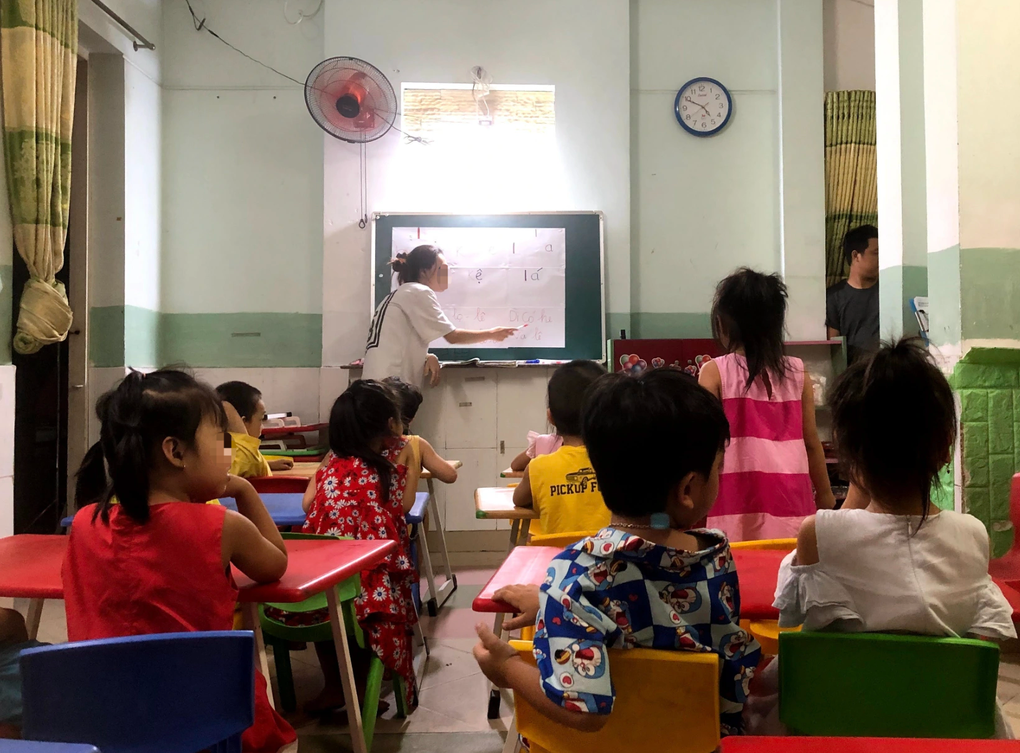
An extra class for children entering grade 1 (Photo: Quynh Huyen).
It is noteworthy that this teacher is allowed to teach students in the class that the teacher is directly teaching in the school. In this case, the teacher must report, make a list of those students to the principal and commit not to use any form of forcing students to take extra classes.
Principals who participate in extracurricular teaching must report to and receive approval from the head of the Department of Education and Training (for junior high schools) or the director of the Department of Education and Training (for high schools).
Previously, in Circular 17/2012/TT-BGDDT, there was a separate article 4 regulating cases where extra teaching was not allowed, such as: No extra teaching for students whose school organized 2 sessions/day; no extra teaching for primary school students, except in the following cases: training in arts, sports , life skills training.
Universities, colleges, vocational schools and vocational training schools do not organize additional teaching and learning of contents according to the general education program.
For teachers receiving salaries from the salary fund of public service units: They are not allowed to organize extra teaching or learning outside of school, but can participate in extra teaching outside of school; they are not allowed to teach extra teaching outside of school to students that the teacher is teaching in the main curriculum without the permission of the head of the agency managing that teacher.
Source: https://dantri.com.vn/giao-duc/du-kien-cho-phep-giao-vien-day-them-ben-ngoai-voi-hoc-sinh-cua-lop-minh-20240823114242082.htm


![[Photo] Binh Trieu 1 Bridge has been completed, raised by 1.1m, and will open to traffic at the end of November.](https://vphoto.vietnam.vn/thumb/1200x675/vietnam/resource/IMAGE/2025/10/2/a6549e2a3b5848a1ba76a1ded6141fae)





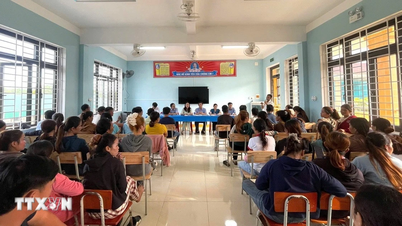



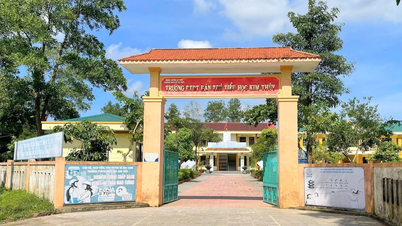

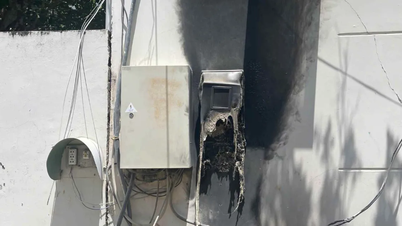


















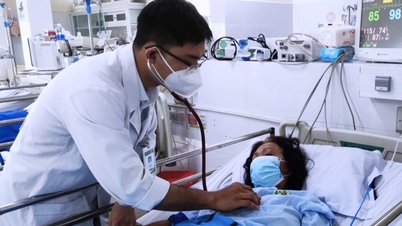
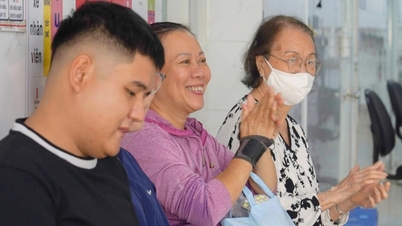
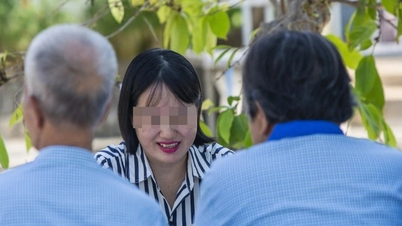
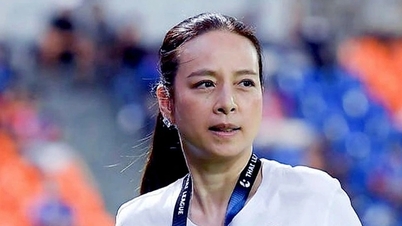
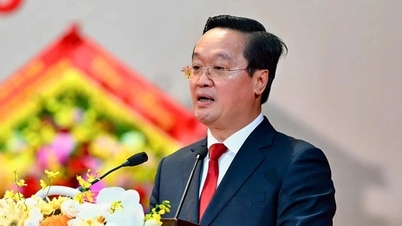
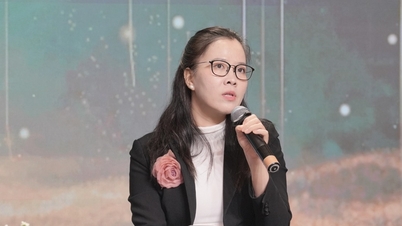










































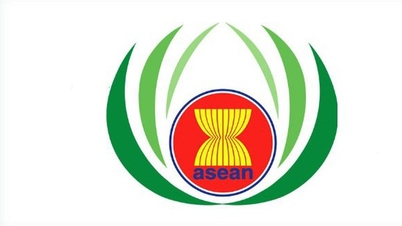

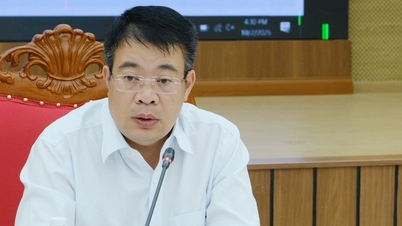

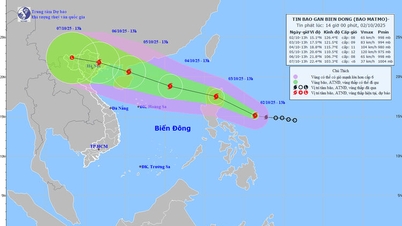

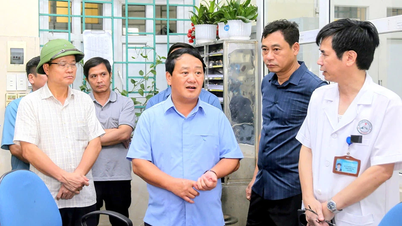

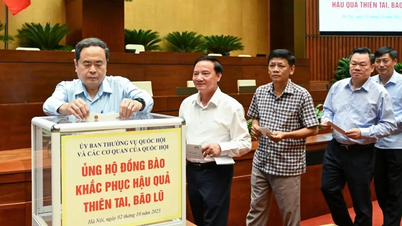















Comment (0)